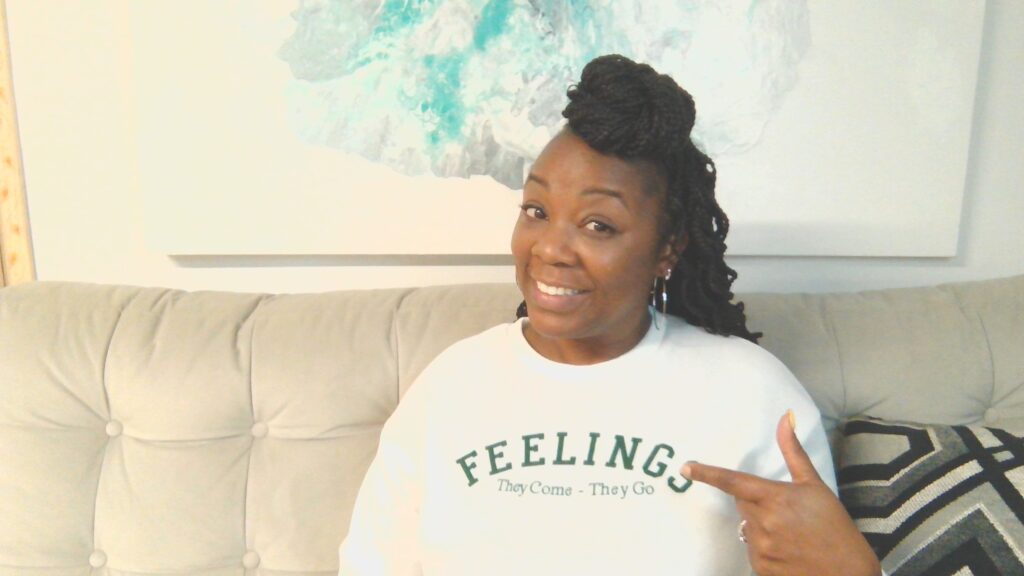
Life’s a journey and on this journey we will travel many different paths. One of the paths that we will travel is grief. Grief is our response to a significant loss. Grief comes with a lot of different emotions, and physical and spiritual responses. Two emotions that may surface with grief are guilt and regret. Guilt is an emotion that surfaces when someone believes that they have done something wrong or are at fault for something that has occurred. Guilt is an unpleasant emotion that is felt because you believe that you have hurt, offended, or hindered someone or something. Regret is feeling sorrowful or disappointed over something that has happened. When we feel regret, we wish that we could undo what was done or at least do something differently. Guilt and regret can surface as anger, frustrations, irritability, embarrassment, sadness, hopelessness or numbness. When we experience these emotions as a response to loss, even if they are not accurate, they need to be acknowledged, processed, expressed, and released because unresolved guilt and regret can complicate the grief journey.
Once you recognize and acknowledge that guilt and regret are present, listen to and explore the narrative that is playing within you. Is the narrative truth, is it accusation, is it realistic and have you accurately labeled the emotion that is present? When you take the time to listen to your inner narrative it will help you identify why you are feeling the way you are. Once you have processed what you are feeling and thinking, you can begin to work toward resolution. Resolution is being able to make a decision and settle within yourself that you can change how you are thinking, which will help to change how you are feeling. During this time, it will benefit you to remember that the past is one of those things that can’t be changed, however you can be in the present and you can look with hope to the future. When you are working to make a decision about coming to a place of resolution to move forward without guilt and regret forgiveness is vital and more importantly self-forgiveness. You will have to decide if self-forgiveness is something that you can do and if it is something that you want to do. Self-forgiveness is a moment by moment, day by day act.
When you are looking at your capacity to forgive, consider the following. Can you shift in how you feel about the transgression that you may have committed? Can you accept the fact that maybe what you are feeling is distorted? Can you accept what actually is and show yourself love, patience, kindness, gentleness, and acceptance? Can you accept that actions have been done or words have been spoken that can’t be changed? Do you have the ability to make changes in the times that are to come? Are you willing to let go of harsh self-judgements and are you willing to let go of the continued narrative of blame?
Accepting responsibility for yourself, your actions, or inactions, and choosing to practice letting go of things helps with self-forgiveness. It is in this place that your faith and connection with God plays a significant role. God can come in and heal and change what your actions, words, and other sources can’t. He has the peace that surpasses understanding and logic. Take the guilt and regret to him and listen for his narrative about the situation and then accept it as your own. Replace the words of blame with his words. Give yourself time to heal. Allow safe people to comfort you. Tell them what you need and what you don’t need. Knowing what these things are comes by exploring different things to figure it out. Remember this is a time and experience that you’ve never had before. It will take some time to figure it out. Care for yourself, prioritize yourself, and love yourself. This is where the difference is made.
Grief is a natural part of life’s journey. Sometimes in that journey guilt and regret accompany grief. You are able to heal and move past the guilt and regret if you choose. They are emotions they will come and go.
copyright © 2023. All rights reserved.

Recent Comments